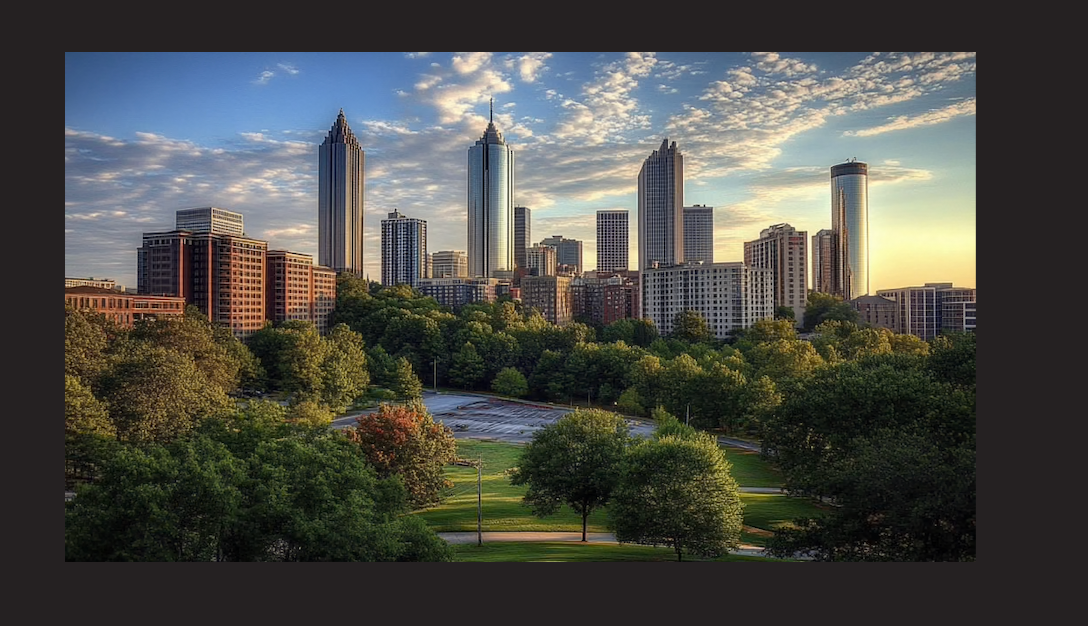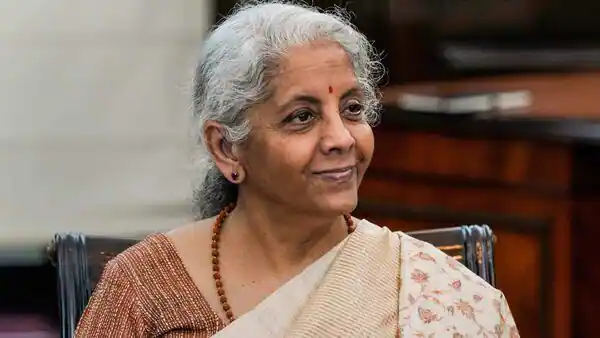In the 2021-22 financial year, Indians sent $1.69 bn directly into foreign bank deposits, equity and debt instruments, and bought property abroad, according to the RBI
Indians who are wealthy have started investing abroad, data from Reserve Bank of India (RBI) revealed, reported aljazeera.com. In the 2021-22 financial year, Indians sent $1.69 bn directly into foreign bank deposits, equity and debt instruments, and bought property abroad, according to the RBI. The figure is almost 40 percent higher than the figure for 2020-21 and nearly six times the $292mn that Indians invested abroad in real estate, deposits, debt and equity in 2014-15.
To top it all, 8,000 Indian millionaires are expected to move out of the country this year, only outnumbered by wealthy Chinese and Russians, according to investment migration consultancy Henley & Partners.
The report pointed out that the outflow of money and millionaires was being driven by a variety of reasons: the desire to diversify investments geographically to the search for safe havens after the COVID-19 pandemic, said analysts. This outflow of wealth, however, reduces the pool of investments that could otherwise have been made in India and shrinks potential tax collection. It also undermines India’s pitch as a country that the rest of the world should invest in.
In addition to the $7bn national cap on mutual funds, India also forbids individuals from remitting more than $250,000 overseas each year. These limits help the RBI manage the currency exchange rate and maintain acceptable levels of foreign exchange reserves
The increase in total overseas investments by Indians is not entirely surprising, according to Joseph Thomas, head of research at Emkay Wealth Management, a Mumbai-headquartered financial planning firm. The number of millionaires in the country has shot up from 170,000 in 2010 to nearly 700,000 in 2020, according to Credit Suisse. “This naturally resulted in people looking for opportunities elsewhere, apart from rupee-denominated products,” Thomas told Al Jazeera.
An increasing number of firms are now also offering access to overseas markets — from big Indian banks like HDFC and ICICI, portfolio managers like Emkay, and new-age digital banking platforms like Kristal.ai. Indian investors today understand the “importance of geographic diversification,” Thomas said.
The Al Jazeera report pointed out that the pandemic had increased the Indian appetite for investments beyond the country’s borders, said experts. Most were investing in global tech and health stocks.
The pandemic has prompted Indians to buy homes abroad. “Cities and countries that are perceived to have done well in combating COVID-19 have seen a surge in interest,” said Akash Puri, the director of global business at India Sotheby’s International Realty. He cited New Zealand and Dubai as examples. In all, Indians spent nearly $113m in buying real estate abroad in 2021-22, compared with about $63m the previous year.
Dollar-denominated markets like New York and Dubai were also popular because the rise of the dollar against the rupee has meant that Indian property owners gain even if the local value of the real estate does not rise, Puri told Al Jazeera. Other popular destinations where rich Indians are buying homes include London and Portugal — a country that offers residency by investment while requiring an average stay of just a week a year. Those with Portuguese passports then get visa-free access to stay and work across the European Union.
“The importance of having optionality across multiple jurisdictions in terms of where you can relocate and reside is gaining traction,” Henley & Partners said, in a reply to questions from Al Jazeera. “And for those that can afford it, residence and citizenship by investment is the simplest, fastest and most effective way to achieve it.”
For the moment though, the Indian government’s approach to citizens investing abroad is driven by fears of an uncontrolled flight of capital, according to experts. In addition to the $7bn national cap on mutual funds, India also forbids individuals from remitting more than $250,000 overseas each year. These limits help the RBI manage the currency exchange rate and maintain acceptable levels of foreign exchange reserves.
******************************************************
Readers
These are extraordinary times. All of us have to rely on high-impact, trustworthy journalism. And this is especially true of the Indian Diaspora. Members of the Indian community overseas cannot be fed with inaccurate news.
Pravasi Samwad is a venture that has no shareholders. It is the result of an impassioned initiative of a handful of Indian journalists spread around the world. We have taken the small step forward with the pledge to provide news with accuracy, free from political and commercial influence. Our aim is to keep you, our readers, informed about developments at ‘home’ and across the world that affect you.
Please help us to keep our journalism independent and free.
In these difficult times, to run a news website requires finances. While every contribution, big or small, will makes a difference, we request our readers to put us in touch with advertisers worldwide. It will be a great help.
For more information: pravasisamwad00@gmail.com










